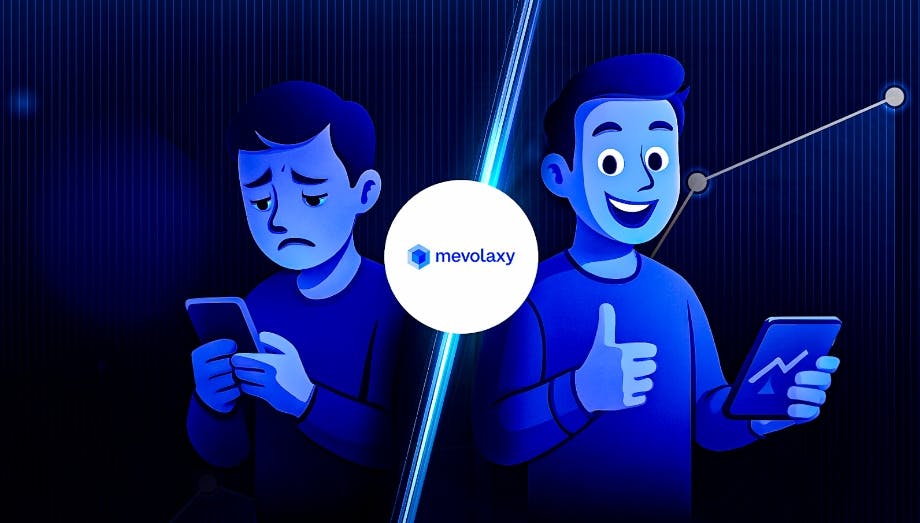A large line forms at a food bank that Seeds of Hope delivers to in Plummer Park West Hollywood. [Photo: Casey J. Adler]
July 4, 2025 is the target date for Congress to pass the “One, Big, Beautiful Bill,” per President Trump’s request. Among the myriad of social programs Republicans intend on cutting is SNAP (Supplemental Nutrition Assistance Program), colloquially known as Food Stamps.
The Center on Budget and Policy Priorities released a report stating that “More than 2 million children live in households that would lose at least some SNAP Benefits.” The report also states, “SNAP could end in some states entirely.”
These highlights from the report have been covered by a variety of news organizations, but what has not received similar attention is the fact that the reconciliation bill would also completely eliminate a little known program called SNAP-Ed: Supplemental Nutrition Assistance Program Education. In the Los Angeles County Department of Public Health, this program is alternatively named CalFresh Healthy Living, and is allocated around 14 million dollars annually.
SNAP-Ed funds education and assistance to primarily low income communities on healthier food choices, budgets, cooking classes, and physical activity. While SNAP-Ed is federally funded, it is administered by state and local governmental departments, which, in turn, partner with nonprofit organizations entrenched in communities that have a diversity of ethnic backgrounds and languages.
Each of the 18 partners in LA has a distinct goal within a larger web of needs: early childhood education, healthcare clinics, food banks, produce distribution, and nutrition education. While each partner receives around $400,000 annually, they make every dollar go a long way.
One of those funded partners is Seeds of Hope, located next to Echo Park Lake at the Episcopal Diocese of Los Angeles. According to Executive Director Steven Trapasso, as a distributor, Seeds of Hope delivers millions of pounds of free produce every year and impacts 70,000 people. They also provide a variety of other community building services like urban gardening.
On a tour of the Seeds of Hope facility, Trapasso proudly led the way through their hillside community garden as a chorus of melodies from American goldfinches, western wood pewees, and Allen’s Hummingbirds sang above. He pointed to a variety of delicious crops, including: bananas, avocados, collard greens, tomatoes, cauliflower, peas, sage, basil, pollinator flowers, and a mulberry tree.

An Allen’s Hummingbird in a mulberry tree at the Seeds of Hope garden. [Photo: Casey J. Adler]
“We built this space with funds from an initial [SNAP-Ed] contract in 2014,” Steven said. “It started out as a labyrinth with permeable garden socks in rich soil, and we were able to grow a lot of different things over seven years. Then, in working with a partner called Farmscape, [we received new] garden beds and tools from a house in Altadena. That house is no longer there.”
Every week, Trapasso and his SNAP-Ed funded team help distribute produce to schools, clinics, parks, and food pantries. That food is sourced and funded from both public and private support, such as LA Regional Food Bank, Food Forward, and local farmers.
The philanthropic network of farms, organizations, food banks, and distributors within Los Angeles may seem complex. That is because there are a lot of people in LA who are food insecure. In fact, 1.5 million people currently receive SNAP (Food Stamps/CalFresh) benefits in Los Angeles. Researchers at the USC Dornsife Department released a staggering report in October 2024 that stated, “1 in 4 L.A. County households — about 832,000 — experienced food insecurity. Among low-income residents, the rate is 41%.” For comparison, Alaska’s total population hovers around 740,00 per the U.S. Census Bureau.
Immigrants are an important node in the SNAP-Ed mission. The food pantry at Seeds of Hope primarily caters to Hispanic and Asian (mostly Mandarin and Cantonese speaking) residents, seniors, and unhoused individuals. In an email with the Department of Public Health, they said, “Nutrition education is tailored to reflect cultural food preferences and traditions, making it more relatable and practical for immigrant families. Educators are often hired from the communities they serve, fostering trust and engagement.” They emphasized that SNAP-Ed teaches immigrants about nutrition labels, budgets, and “preparing healthy meals using familiar ingredients.”
Unfortunately, the food pantry at Seeds of Hope is currently on high-alert as there were reports of ICE raids in Echo Park. Trapasso said, “In the last two weeks we’ve seen a 10 – 20 percent decrease in participation across over 100 food pantries.”
Low income community members, whether foreign or domestic-born, face enormous hurdles when it comes to eating healthy, according to Dr. Kathryn Hillstrom, Department Chair of Nutritional Science at Cal State LA.
“Everything is working against us. [Unhealthy and cheap] delicious food is everywhere,” she said over the phone as she recalled an exhaustive battle she had with her teenager over donut holes. However, Hillstrom noted, at the end of the day, nutrition education is “not about taking away foods you like, but about adding in the foods that are important.” Typically that means supplementing diets with more fruits, vegetables, fiber, and foods that will help prevent “diabetes, cardiovascular disease, and cancer.”
One individual who knows quite a bit about the barriers faced by low-income community members is Pastor Eddie Anderson of McCarty Memorial Church, who co-founded Freedom Farms, an organization whose goal is to bring urban farms and healthier options to the sprawling food desert that is South LA. He described the region not just as a food desert (generally defined as an area without easy access to affordable food) but as a “food swamp,” because liquor stores and fast food restaurants are the predominant spaces for residents to purchase food. This is one of the major causes of enormous health disparities for black & brown folks.

A community gathers to pick up produce provided by a local food bank. [Photo: Casey J. Adler]
The Los Angeles Food Policy Council, a policy partner of SNAP-Ed and advisor to Freedom Farms, noted in their 2025 Decade in Review report that low income communities “face higher rates of diet-related health conditions, such as hypertension, diabetes, and high cholesterol.” These effects are visualized most clearly in the 2022 report by the L.A. County Anti-Racism, Diversity, and Inclusion (ARDI) Initiative, which reported that Black Angelenos, on average, live 12 years less than the Asian community and “six and a half years less than the overall county average.” Pastor Eddie did not mince words about this, calling it “red lining through food disparity” and “food apartheid.”
According to Save SNAP-Ed, “Existing studies show that for every $1 spent to implement programs such as [SNAP-Ed], up to $9.54 is saved in future health care costs.” It also states that participants in the program increased their fruit and vegetable intake by 40% and reduced consumption of sugary beverages.
The Journal of Nutrition Education and Behavior published an article about the effectiveness of SNAP-Ed in 2024 which highlights the fact that the underfunded program serves 90 million Americans. The article calls it a “pillar of the public health infrastructure in the US.” In fact, the article’s goal was to further expand and fund the program because of its proven track record in working to “reduce health disparities at all levels of the Social-Ecological model.”
Dr. Marion Nestle, professor of nutrition and food studies at New York University, noted in a recent article, “The cost of this program is…not even a rounding error in the federal budget. Cutting it does no good for anyone, undercuts the MAHA (Make America Healthy Again) agenda, and is thoughtless and unnecessary.”
Yet, on June 11, even with all of the data and a miniscule budget, the Committee on Agriculture, Nutrition, and Forestry led by Chairman Boozman (R-AR) officially voted to eliminate SNAP-Ed.
If this current iteration of the reconciliation budget is passed on July 4, there is no backup plan. In one ominous sign of the impending cuts, the annual funding packages for cities and states that the USDA typically releases to apply for food access still have not been made available. The USDA web link to those grants now registers a “403 error code.”
The cuts will be seismic. A representative from the Department of Public Health in Los Angeles said in an email that long-term consequences will include an exacerbation of food insecurity and an upward trend in chronic diet-related diseases, and that low income community members will be hit hardest. In the short term, the representative said that staff and administrators will be cut from organizations and the government, “eroding trust and continuity in underserved areas.”
Trapasso said Seeds of Hope would have to immediately let go of three to four full-time staff members starting October 1 if SNAP-Ed is eliminated in July. This disruption would drastically affect the impact of their organization in providing free produce and education to people in need.
On the national scale, the elimination means that “up to 314,000 partnered community sites — including schools, childcare centers, businesses, healthcare and community centers — will lose critical programs,” according to the Action Guide to Protect SNAP-Ed.
“It’s dire,” says Trapasso.
He recommends urgently reaching out to representatives in the House and Senate to protect SNAP-Ed funding.










